Renovating Your Kitchen? Here are 5 Key Things to Consider First
May 8, 2018
Sponsored Content
Text by Kaitlin Madden
As a homeowner, there are few renovation projects that are more exciting, transformative, or satisfying than a complete kitchen remodel. But there are also few projects with higher stakes. A kitchen remodel is not only a major investment of both time and money, it’s a job that must seamlessly (and uncompromisingly) combine form, function, and lifestyle.
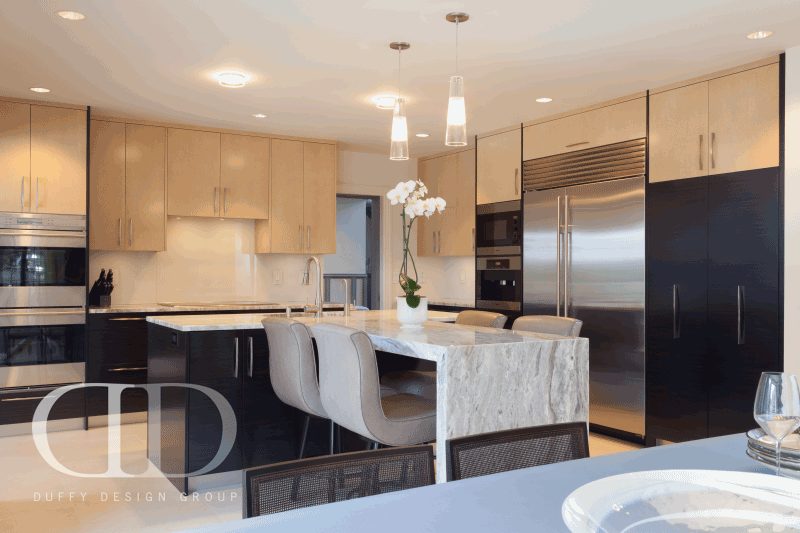
Gloucester, MA | Photography by Sam Gray
So how can you achieve a kitchen design that adds efficiency, style, and value to your home for decades to come? We talked to local kitchen design expert Dennis Duffy to uncover the most crucial aspects of a successful remodel. Dennis began his design career in the Miami Design District while taking a break from his intended path to medical school. Finding the world of interior design intriguing, Dennis moved to New York City to enroll in the Parsons School of Design. “Being trained in science my entire life, but also having a family background of artists, interior design, for me, was the marriage of both!” In 1989, he opened his own design studio to focus on both residential and commercial interiors, from Boston, MA to San Juan, PR. His firm, Duffy Design Group is known for its unique and thoughtful designs – especially the firm’s kitchen concepts.
Here’s his most important advice.
Consider Your Lifestyle
Duffy’s number-one tip? Don’t simply try and recreate a kitchen you fell in love with in a magazine, at a showroom, or in your neighbor’s house, because there’s a good chance it won’t work for you. Instead, the design process should start with an evaluation of how you like to cook, eat, and entertain.
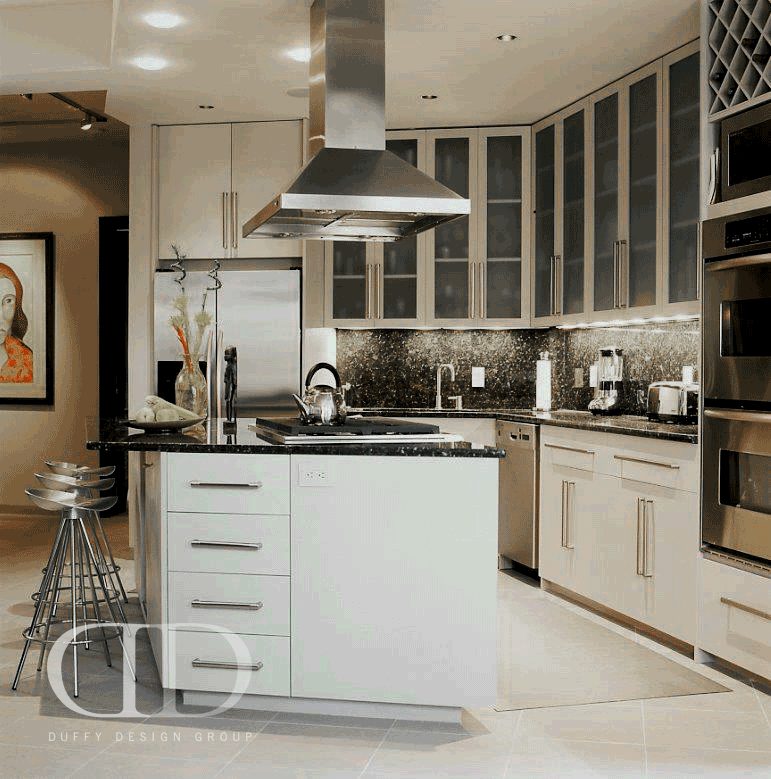
Boston, MA
“A kitchen needs to be created in the context of the people who live there,” Duffy says. “When I start any kitchen design, the first thing I do is ask about the primary person, or people, using it and what type of cooking they do. I like to find out whether one person does prep work and one does the cooking, if they prefer wall ovens versus a range, if they’re cooking family dinners every night, even if they like other people in the room with them when they’re cooking and entertaining.”
Duffy says his clients can have surprisingly strong preferences about how they cook—habits that they often don’t recognize until they begin the design process.
“I had a client who used to put tape on the floor when she had company and said she didn’t want people crossing that line into the kitchen; she wanted to keep a distinction between work and entertainment space,” he remembers. “In that case, the area I might use to allow people to gather in the kitchen would be better put to a different use.”
Make Space a Priority
Each time you add an element to your kitchen design, whether it’s a major feature like a double- range or pantry, or a simple add-on like an espresso machine or a wine refrigerator, consider the space immediately surrounding it.
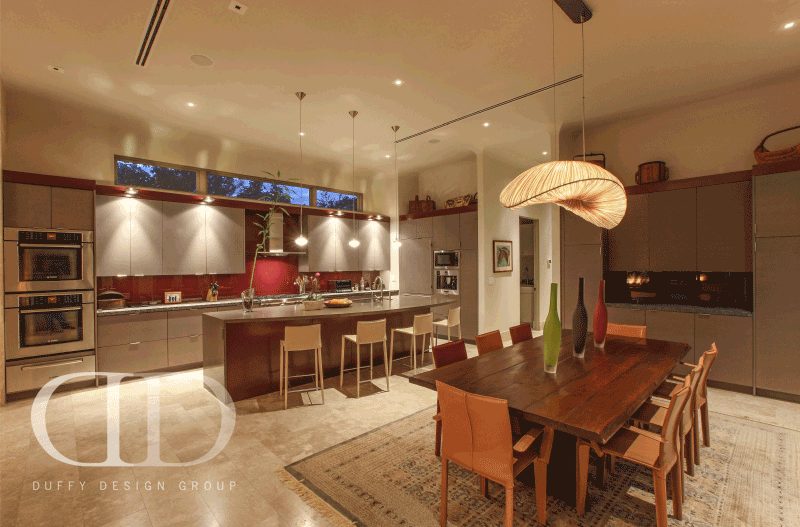
Wellington, Florida
“I’d say the biggest problems people run into when they try to design a kitchen themselves or work with someone who doesn’t specialize in kitchen design revolve around spacing,” says Duffy. “You need to have proper clearances and prep space in order for the kitchen to work. At a minimum, I like to have four feet between a counter and an island so there’s space for an oven door or a dishwasher door to open. I also make sure to have countertop landing space adjacent to every appliance or pull-out pantry—a bare minimum of eighteen inches.”
Take a Cue from Surrounding Architecture
While the layout of your kitchen should be dictated by practicality, the stylistic elements of the design should first and foremost take a cue from the surrounding space.
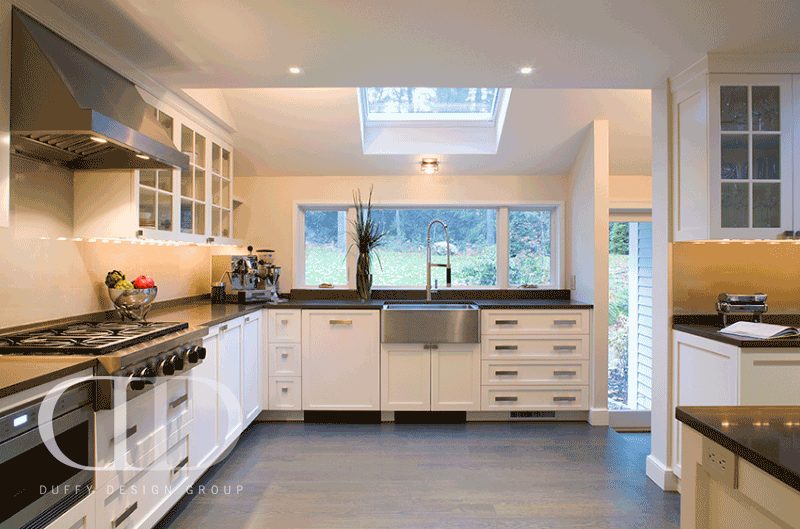
Weston, MA
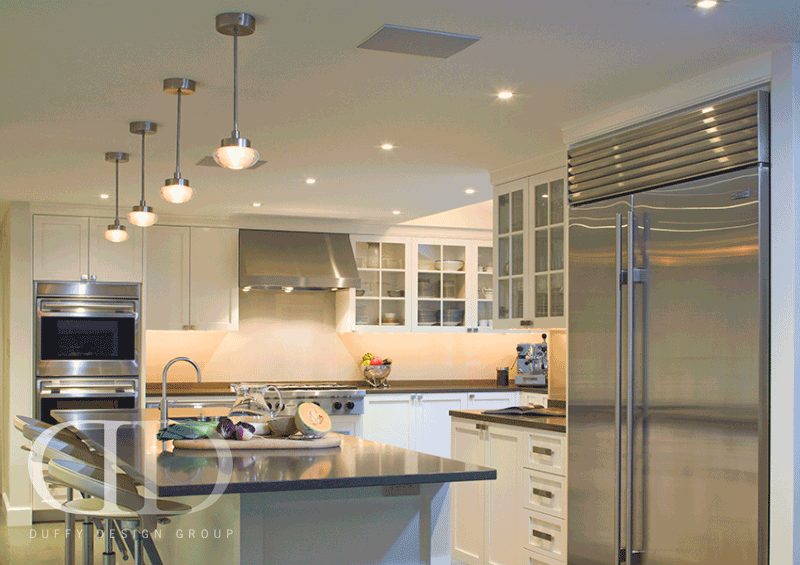
“Even if you’re looking to modernize a dated kitchen, you still want it to feel like a part of the greater home. It should feel like it belongs to the same house,” Duffy says.
That doesn’t mean you need to install a period-style kitchen in a 1800s colonial. Simply incorporating elements of the surrounding space through materials, architectural details, or woodwork is often enough to establish a connection.
Design a Smart Lighting Plan
Lighting is key in functional rooms like the kitchen (and another area Duffy says can trip up design DIY-ers).
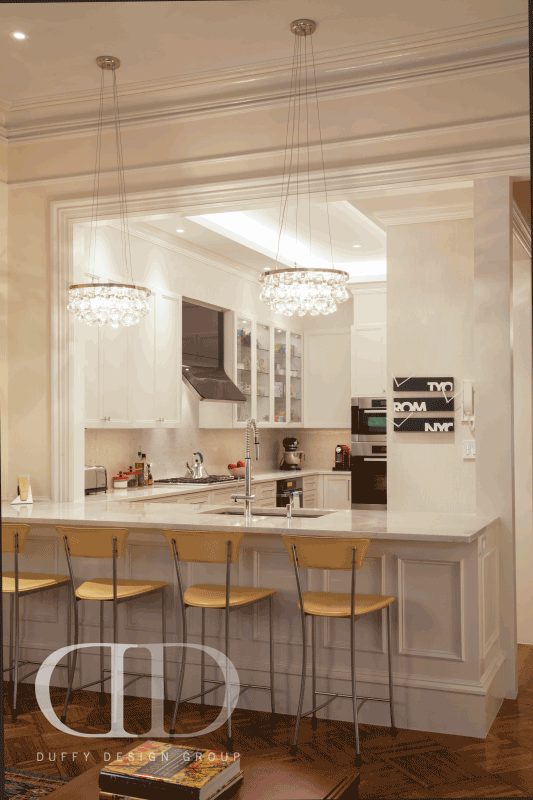
Boston, MA | Photography by Sam Gray
The solution to both issues (and the best approach to a well-lit kitchen) is a thoughtful, layered lighting plan. Illuminating workspaces below your sightline can prevent both shadows and direct glare, for example.
For example? “One common mistake I see is with recessed lighting in the ceiling. Depending on the position of the lights, when a person is cooking, their head or body might end up casting a shadow on their workstation,” Duffy points out. Glare is another common conundrum. “If you have polished stone countertops, you’ll want to try and avoid having a light glare directly down on the counter or backsplash because that will give you eye fatigue every time you cook,” he says.
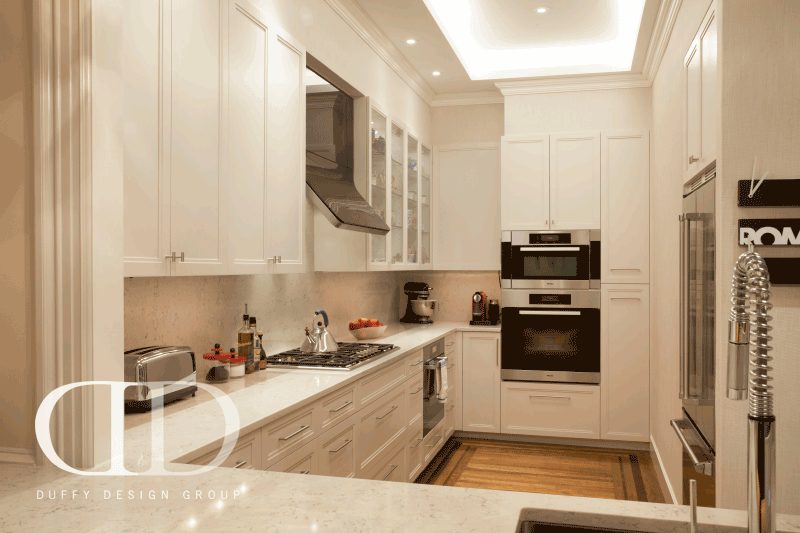
Boston, MA | Photography by Sam Gray
Don’t Fall For Trends (Too Much)
Thanks to magazines, blogs, and websites like Pinterest and Houzz, renovators have a limitless supply of interior design inspiration. But the kitchen might not be the best place to try out the latest and greatest home decorating trends.
“I would be careful about trends. By definition, they are changing, and your kitchen is a major investment,” says Duffy. “Generally people renovate their kitchen once, maybe twice depending on how long they live in their house.”
His advice? Stick to classic choices for major expenses like cabinetry and countertops, and apply trends to “smaller moments that can easily be changed,” like light fixtures, cabinet hardware, a sink, or a backsplash.
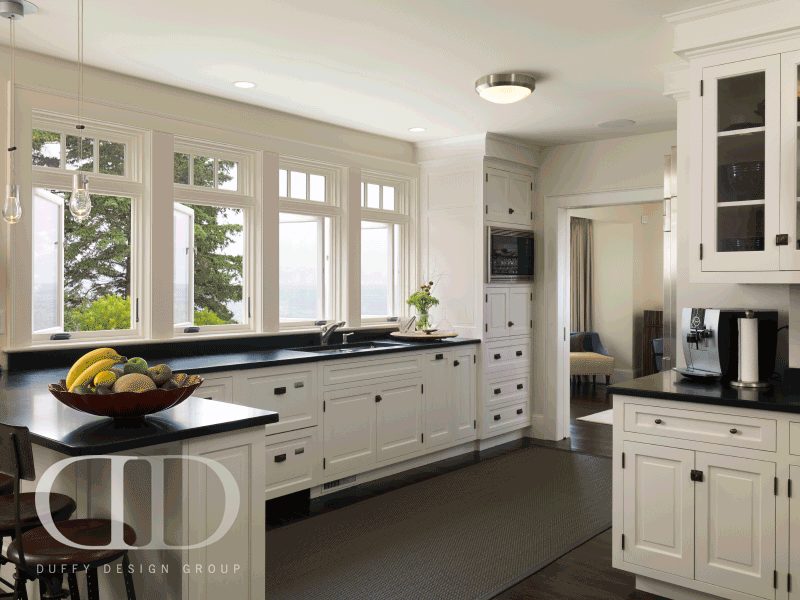
York Harbour, Maine | Photography by Richard Mandelkorn
“The most important thing when it comes to kitchen design is to think about the long term,” Duffy says. “This kitchen will probably be with you for fifteen to twenty years. So invest in and prioritize the things you’re going to use the most and like for a while.”
Duffy Design Group
Boston, MA
617-765-8175
duffydesigngroup.com
Share
![NEH-Logo_Black[1] NEH-Logo_Black[1]](https://b2915716.smushcdn.com/2915716/wp-content/uploads/2022/08/NEH-Logo_Black1-300x162.jpg?lossy=1&strip=1&webp=1)
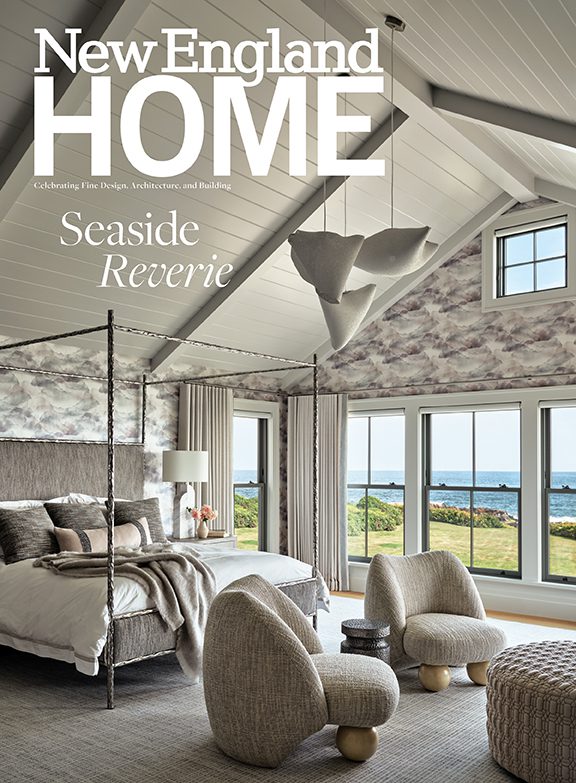
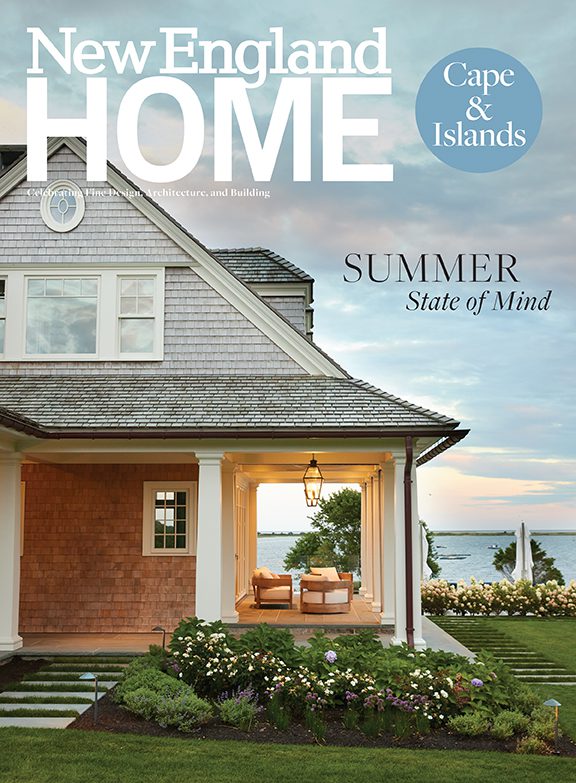
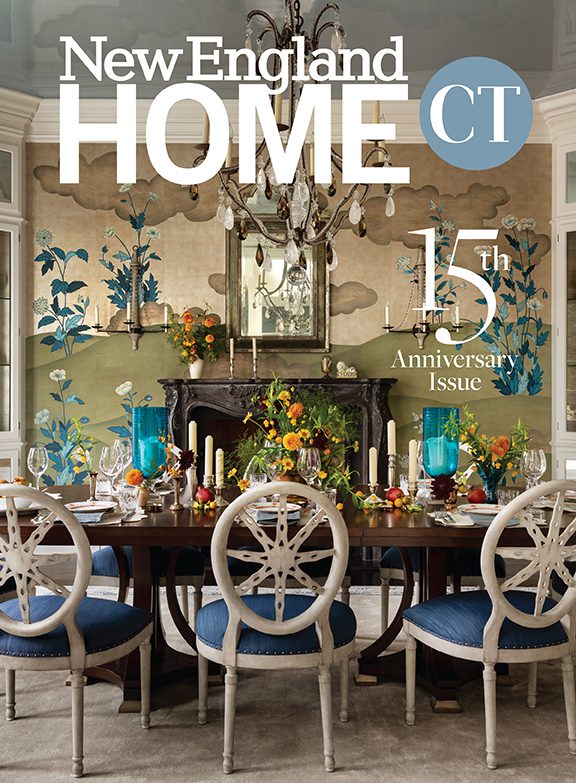
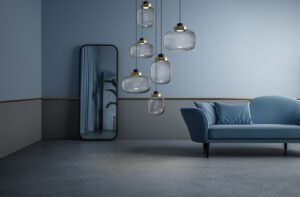
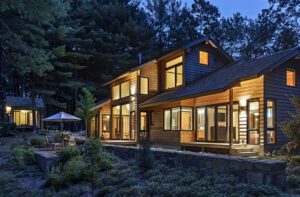
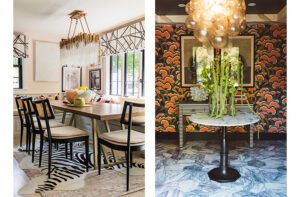
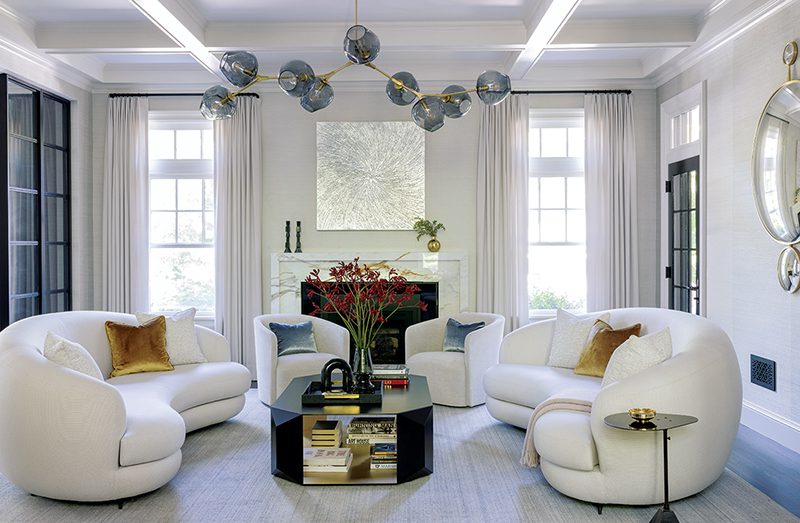
You must be logged in to post a comment.